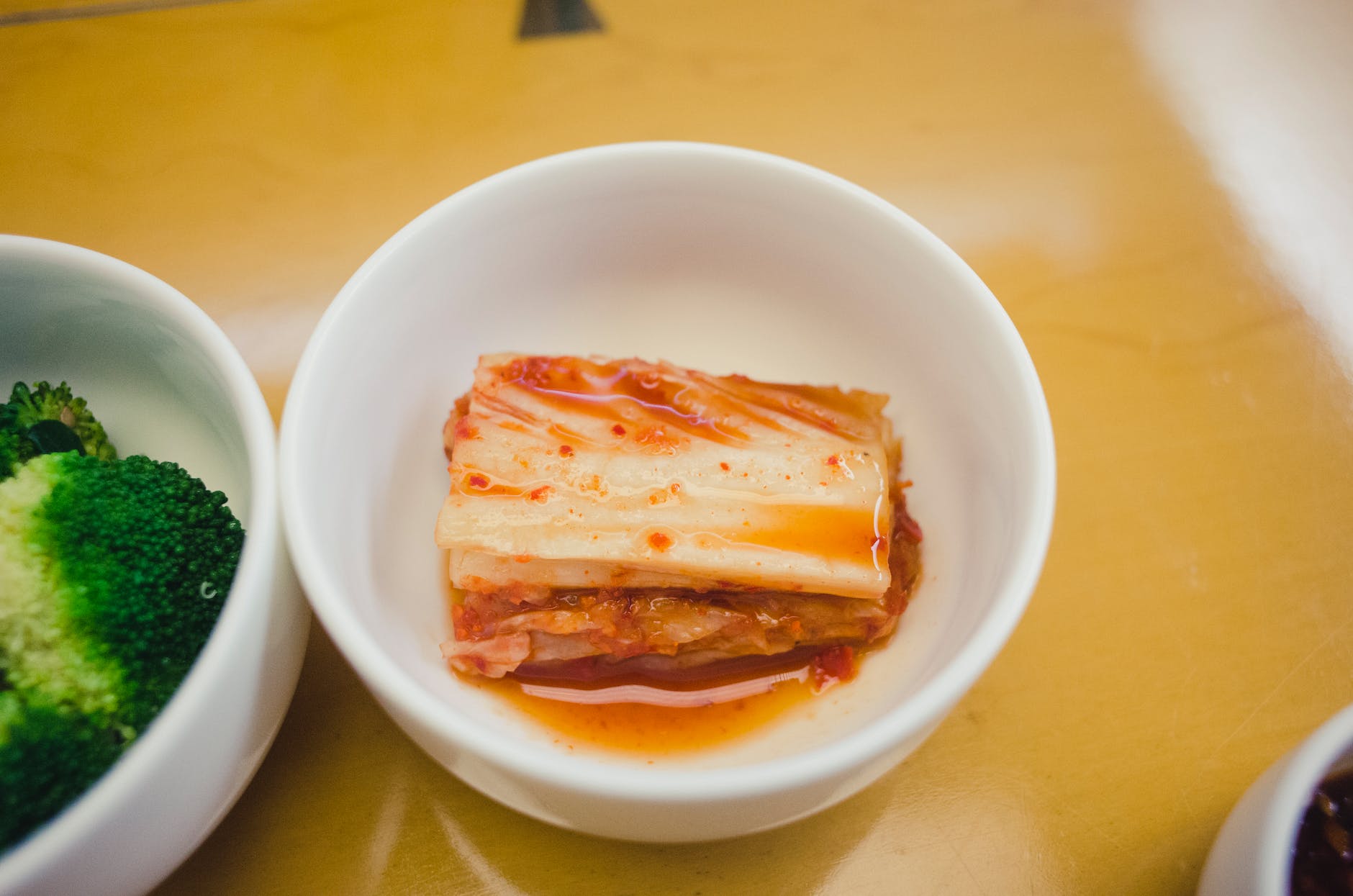When people are under stress, they tend to eat fatty comfort foods. But, did you know this behavior might increase a chance of mental illness and heart trouble.
A new study, however, suggests that certain foods may exacerbate the consequences of stress.
People who consumed fatty foods showed more symptoms of endothelial dysfunction. Endothelial dysfunction can raise the risk of issues such as cardiovascular disease.
Plant diets, according to experts, contain chemicals that may assist in minimizing endothelial dysfunction.
When you’re stressed, do you grab fatty comfort foods like ice cream and potato chips? If so, researchers at the University of Birmingham in Birmingham, United Kingdom, advise you to reconsider.

A new study published in the journal Frontiers in Nutrition discovered that eating high-fat foods before stressful situations may have a negative effect on endothelial function.
The endothelium is a single layer of cells that lines blood arteries. It is involved in the constriction and relaxation of blood arteries when it is working properly. It also controls the flow of fluids and other chemicals to your body’s tissues.
Endothelial dysfunction can raise the risk of cardiovascular disease, artery-clogging, and excessive blood pressure.
Eating a fatty meal while under stress has an effect on blood flow.
Stress is known to produce a reduction in endothelial function in healthy young adults, lasting 15 to 90 minutes following a stressful event, according to the study authors.
Furthermore, studies show that when people are stressed, they prefer to overeat fatty and sugary foods, which can have negative consequences on the blood vessels, including endothelial dysfunction.
Given these findings, the scientists reasoned that there might be some interaction between the effects of stress and fat eating that would further impede blood flow.
The researchers recruited 21 healthy volunteers, virtually evenly split between male and female participants, to test this theory.
They were each given two butter croissants for breakfast and then asked to complete an eight-minute mental stress test. They had to do math problems in their brains at a constantly increasing speed for the test. They were also notified when they gave an incorrect answer.
The goal of the test was to imitate the stress that a person could experience on a typical day.
The function of the participants’ vascular systems was evaluated by measuring blood flow via an artery in the arm using a technique known as “flow-mediated dilatation.”
The researchers discovered that eating fatty foods when stressed reduced vascular function by 1.74%. This was in contrast to the 1.18% drop seen when participants ate a low-fat dinner while being tested.
Previous research has indicated that even a 1% decrease in function can result in a 13% increase in the risk of cardiovascular disease, according to some experts.
They also claimed that in participants who ate the high-fat dinner, the reduction in vascular function remained up to 90 minutes after the math exam.
The researchers also discovered that eating high-fat foods had a negative effect on oxygenation in the prefrontal cortex. That is the part of the brain responsible for higher-level cognitive processes, according to a press release.
When compared to those who ate a low-fat dinner, individuals who ate the high-fat meal had 39% less oxygenated hemoglobin (the component of red blood cells that carry oxygen).
Why does fat amplify the impact of stress?
According to Kelsey Costa, MS, RDN, a registered nutrition and dietitian consultant for the National Coalition on Healthcare, “the study indicates that consuming high-fat foods during times of stress may delay the body’s healing process, specifically the functioning of the endothelium (inner lining of blood vessels),” which suggests that stress eating these types of foods “might have a detrimental effect on the vascular health of young, otherwise healthy individuals.”

However, Costa stated that it is unclear how fat consumption impedes post-stress recovery.
She speculated that elevated triglycerides and C-reactive protein following fat consumption could be at fault, as suggested by the study.
“This may lead to direct injury to the vascular wall or indirectly cause endothelial dysfunction by elevating oxidative stress,” she said.
She went on to say that elevated triglycerides and C-reactive protein could activate vasoconstrictor and inflammatory indicators, lowering endothelium-derived nitric oxide and impairing endothelial function.
“Future research should aim to scrutinize these mechanisms further and assess the impact of fat on vascular responses during stress,” she said.
Why do people eat fatty foods when they are stressed?
According to Robert Iafelice, MS, RD, LDN, a Medical Reviewer at SET FOR SET, stress is what drives our appetite for fatty foods in the first place.
“People experiencing psychosocial stress tend to eat an unhealthy diet,” he added. “Stress causes the release of large levels of cortisol, also known as the ‘ stress hormone.’ High cortisol levels have been associated with an increased demand for calorie-dense foods, such as fatty foods, refined grains, and sugary processed foods.”
While consuming these high-energy foods may have been beneficial to our ancestors after fighting a predator or fleeing from danger, this stress response does not serve us well when it comes to mental or emotional stress.
According to Iafelice, both excessive cortisol and eating poor meals can contribute to a rise in abdominal obesity, which is one component of metabolic syndrome.
According to Iafelice, metabolic syndrome is a collection of illnesses associated with an increased risk of both cardiovascular disease and diabetes.
Endothelial dysfunction-reducing foods
Knowing that high-fat foods aren’t good for us, it’s critical to make better choices when it comes to maintaining our vascular health.
Costa stated that it is widely acknowledged that plant-based meals high in bioactive substances, such as vegetables, fruits, legumes, and whole grains, can improve endothelium function.
“These foods are abundant in antioxidants and polyphenols, which have anti-inflammatory and vasodilatory effects,” she said.
She also cited research indicating that specific foods, such as blueberries, beets, and plums, can assist in relieving endothelial dysfunction. Drinks high in polyphenols, such as green tea and pomegranate juice, may also be beneficial, she claims.
“Healthy fats, such as omega-3 fatty acids found in cold-water fish, algae oil, nuts, and seeds, may also have a protective effect on the vascular system,” he said.
“Additionally, including probiotics through fermented foods or supplements can enhance gut microbiome diversity, which has been linked to improved endothelial function,” she went on to say.

To Conclude on eating comfort foods
A new study suggests that eating fatty comfort foods while stressed may exacerbate the negative effects of stress on endothelial function.
People who ate a fatty meal before a stressful event had lower blood flow in their arms and lower oxygen levels in their brain’s prefrontal cortex, likely due to compromised endothelial function.
Plant foods, such as fruits, vegetables, whole grains, and legumes, according to nutritionists, include chemicals that can minimize endothelium dysfunction.
Probiotics and omega-3 fatty acids may also aid in safeguarding vascular health.
